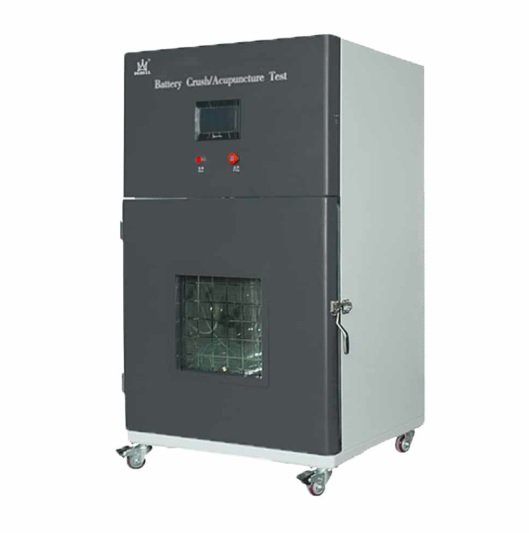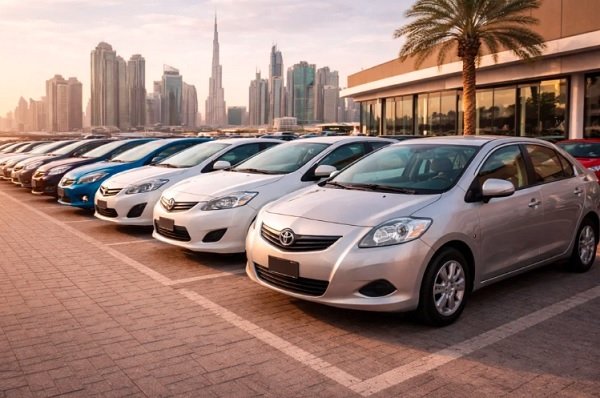Source: Dreamstime Stock Photos
Buying a car is often considered a major milestone in life. Whether it’s your first vehicle or a long-awaited upgrade, there’s a certain thrill that comes with driving off the lot. But for many, that thrill can fade quickly once the hidden costs start to pile up.
Most people focus on the sticker price, monthly loan payments, or maybe even insurance. However, the true cost of car ownership goes far beyond that. From maintenance and depreciation to surprise fees and fuel fluctuations, owning a vehicle can become a much bigger financial commitment than expected.
In this article, we’ll break down the most overlooked costs of owning a car and provide practical tips on how to budget for them, so you can avoid nasty surprises and drive with confidence.
1. Depreciation: The Silent Budget Killer
Let’s start with the biggest hidden cost of all—depreciation. Unlike homes or investments, most cars lose value the moment you drive them off the lot. On average, a new vehicle depreciates by 20% to 30% in the first year, and about 60% over five years.
How it affects you:
- You get less resale or trade-in value.
- It can put you “upside-down” on a loan (owing more than the car is worth).
- Leasing? You’re still paying for depreciation—just indirectly.
Budget tip:
- Buy used: A well-maintained 2–3-year-old car has already taken its biggest depreciation hit.
- Research resale value: Some brands and models hold value better than others. Use tools like Kelley Blue Book to compare.
2. Insurance: It’s More Than Just a Quote
Car insurance is a recurring cost, and while you might budget for the basic premium, there are many variables that can drive your bill up.
Factors that affect your rate:
- Driving history and credit score
- Age, gender, and location
- Type of car (sports cars and luxury vehicles cost more)
- Coverage limits and deductibles
- Adding teen drivers to the policy
Hidden costs:
- Premium hikes after an accident—even if it wasn’t your fault
- Optional but essential add-ons like roadside assistance, rental car coverage, and gap insurance
Budget tip:
- Shop around annually to compare quotes.
- Bundle policies (home + auto) for discounts.
- Increase your deductible to lower monthly premiums—but set aside money in case you need to pay it.
3. Maintenance and Repairs: The Inevitable Expense
Even the most reliable vehicles require upkeep, and those costs can creep up on you if you’re not prepared.
Routine maintenance includes:
- Oil changes
- Tire rotations and replacements
- Brake pads
- Air filters
- Battery replacements
Bigger repair costs (especially for older cars) may include:
- Transmission repairs
- Timing belt replacement
- Suspension or exhaust system fixes
According to AAA, the average maintenance cost for a car is around $1,200 annually, not including major repairs.
Budget tip:
- Set aside $100/month for routine maintenance and unexpected repairs.
- Follow the service schedule in your owner’s manual to avoid larger breakdowns.
- Consider an extended warranty for peace of mind (but read the fine print carefully).
4. Fuel: A Fluctuating, Ongoing Cost
Gasoline is a constant and sometimes volatile cost of car ownership. The price can vary dramatically depending on geopolitical factors, local taxes, and even the season.
Other fuel-related considerations:
- City driving burns more fuel than highway travel.
- Premium fuel requirements can raise costs.
- Larger SUVs and trucks generally have poor fuel economy.
Budget tip:
- Track your average fuel spending over a few months to find your baseline.
- Use fuel-saving apps like GasBuddy to find the best prices nearby.
- Drive smarter: Keep your tires inflated, avoid aggressive acceleration, and lighten your load to improve MPG.
5. Registration, Taxes, and Licensing Fees
Often overlooked in initial budgeting are the state and local fees required to legally own and operate your vehicle.
Common expenses include:
- Vehicle registration and title fees
- Sales tax at the time of purchase
- Annual vehicle property taxes (in some states)
- Emissions testing and safety inspections
These costs vary widely depending on your state, vehicle value, and even weight or fuel type.
Budget tip:
- Check your local DMV website for a breakdown of expected fees.
- Factor these into your purchase decision—a more expensive vehicle will come with higher taxes and fees.
6. Parking and Tolls
Urban car owners are no strangers to parking woes. Between city meters, parking garages, residential permits, and daily commuting fees, this can become a significant monthly cost.
Also consider:
- Toll roads on your commute
- Occasional parking tickets or boot fees
- Valet charges or airport parking
Budget tip:
- Use transit apps or Google Maps to estimate tolls on regular routes.
- Explore public transportation or carpooling options to offset costs.
- Ask about employer reimbursement or parking benefits if you drive to work.
7. Accessories and Add-Ons
It’s easy to get caught up in customizing your vehicle, but accessories and aftermarket upgrades can add up fast.
Examples include:
- Roof racks or bike mounts
- Custom wheels or paint
- Remote start or alarm systems
- Tech upgrades like dash cams or GPS units
- Phone mounts, seat covers, floor mats, and more
Budget tip:
- Make a list of “wants vs. needs” before buying extras.
- Buy in bundles or during seasonal sales to save.
- Some accessories can raise resale value, but most don’t—so invest wisely.
8. Financing and Interest
If you’re not paying in full, you’re probably taking out a loan. What many buyers fail to calculate is the total cost of financing, not just the monthly payment.
Key factors include:
- Interest rate (APR)
- Length of loan
- Down payment
- Credit score
Over a 5- to 7-year loan, you might pay thousands more in interest, especially with higher rates.
Budget tip:
- Improve your credit score before applying.
- Put more money down to reduce your monthly payment and total interest.
- Shop around for pre-approved auto loans from credit unions or banks.
How to Build a Comprehensive Car Ownership Budget
To avoid financial surprises, follow this simple formula to calculate your true monthly car cost:
Monthly Budget Breakdown:
- Loan Payment – $350 (example)
- Insurance – $120
- Fuel – $100
- Maintenance/Repairs – $100
- Registration/Taxes – $20 (annual cost divided by 12)
- Parking/Tolls – $50
- Savings for Depreciation/Future Trade-In – $100
Estimated Total: $840/month
Even if your loan is affordable, the total cost may be more than expected. Budget accordingly.
Final Thoughts: Plan Today, Drive Easy Tomorrow
Cars offer freedom, convenience, and in many cases, necessity. But they also come with a host of hidden costs that can drain your wallet if you’re unprepared. By understanding the full picture of car ownership and proactively budgeting for it, you can make smarter financial decisions and enjoy the ride—without the stress.
Whether you’re saving up for your next vehicle, evaluating your current car’s cost, or helping a new driver in your life, taking a holistic view of expenses is the key to stress-free car ownership.
Remember: It’s not just what you pay to buy a car—it’s what you pay to keep it on the road.
Refresh Date: August 22, 2025



